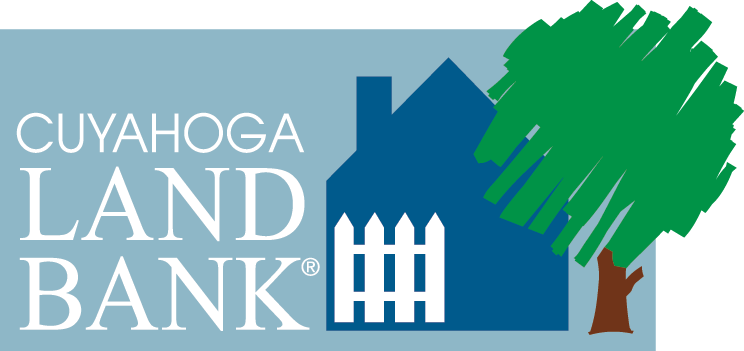A $15 million urban-agriculture project announced Monday is expected to transform 22 blocks of blighted land on Detroit’s lower east side into a massive swath of greenhouses and hoop houses.
The project’s 60-acre footprint — south of Interstate 94, along Chene Street to Forest Avenue — includes 35 acres of vacant land the city wants to lease to RecoveryPark, a nonprofit whose mission is to help ex-offenders and recovering addicts find employment.
Mayor Mike Duggan said the project will transform lives by putting vacant land to use and employing ex-offenders. It will employ up to 128 people within three years with 60 percent to be Detroit residents.
The project, to be operated by RecoveryPark Farms, a for-profit entity, must be approved by the Detroit City Council, which is expected to consider the issue next week.
“One of the questions that we are facing as a city is, what do we do with the vacant land that’s left behind,” Duggan said. “Today is an example of what I hope becomes the basis for the development of this land.”
The project will contain greenhouses, hoop houses and other agriculture businesses to grow specialty vegetables such as striped carrots, breakfast radishes, edible flowers and salad mixes that wind up on plates in high-end Detroit restaurants.
“We are not just transforming property. We are going to transform lives,” Duggan said. “They are taking the hardest to employ folks in our community and putting them to work on land that had been long abandoned and forgotten.”
Gary Wozniak, CEO of the RecoveryPark, said the nonprofit grows specialty produce sold to chefs at several of Detroit’s high-end restaurants such as Selden Standard and Gold Cash Gold. RecoveryPark Farms managed two pilot farms, one in Waterford Township and the other in Detroit, validating demand for specialty produce in Metro Detroit, Wozniak said.
With $15 million of new capital investment coming into the neighborhood, Wozniak said he hopes to have a minimum of 20 acres of hydroponic growing and high tunnel growing.
“We are working with a regional distributor on making a contract of a minimum of $8 million in specialty produce that’s going to take us into 440 restaurants over a 10-year time. That’s exciting,” he said.
Investors in the nonprofit and the project include the Erb Family Foundation. The Kresge Foundation and the Detroit Development Fund have provided past support. Wozniak said he has about $1 million of the $15 million needed in the project and will need to raise the funds going forward.
The property would be leased by the Detroit Land Bank Authority to RecoveryPark for $105 per acre. Land Bank spokesman Craig Fahle said the project will beautify the neighborhood and be a huge part of the recovery of the east side of Detroit.
“This project is on a scale we have not seen in the city,” Fahle said. “It’s very exciting.”
Three to fives acres of high-tunnels, or hoop houses, which contain all dirt-based growing will be the first to go up this spring. Wozniak said he will start hiring for the project after the first of the year.
